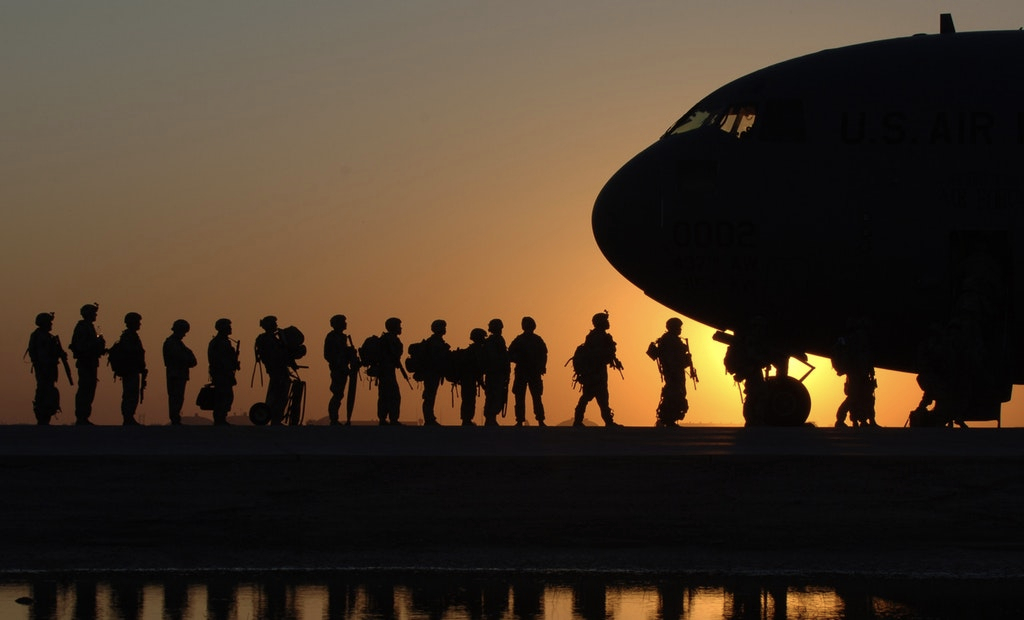Russia to aid Syrian government with missiles

In response to the European Union’s recent lifting of the arms embargo on Syria, Russia’s Foreign Ministry have not cancelled plans to deliver the highly accurate S-300 air defence missile system to the Syrian government’s campaign against opposition fighters.
Russia’s deputy foreign minister Sergei Ryabkov said in an official statement: “We think this delivery is a stabilising factor and that such steps in many ways restrain some hotheads from exploring scenarios in which this conflict could be given an international character with participation of outside forces.”
In an attempt to support opposition fighters who have been fighting on with improvised weapons against the well-equipped military of Bashar Al-Assad, the EU has been accused by Russia of throwing fuel on the fire of the conflict. According to Russia’s Foreign Ministry, Russian missiles will balance against the European support for the rebels.
Russia’s decision to continue its delivery of missiles comes on the eve of a Moscow and Washington backed peace conference in Geneva, set to lay the foundation for the Syrian Rebels and the government to negotiate.
“You cannot declare the wish to stop the bloodshed, on one hand, and continue to pump armaments into Syria, on the other hand,” Mr. Ryabkov told journalists.
Ryabkov further added that Russia was merely selling to longstanding legitimate authorities with a view to prevent a Western-led intervention.
Israel and France have urged Moscow against sending the S-300 missile system to the Assad regime and the EU has reiterated the point that arms will not immediately flow to the opposition fighters. The EU also emphasised, in reaction to Moscow’s statement, that EU member states that wish to send arms to the opposition “shall assess the export license applications on a case-by-case basis”
Russia has yet to confirm whether or not the S-300 missile system has actually been delivered, but Israeli intelligence has said that there has yet to be any activity.
As more nations become involved in the conflict, the Geneva peace negotiations set for next month show little promise, and it is believed that international tensions may intensify the destruction that has already killed over 94,000 people and raged through cities, towns and villages.
Carl Carlstedt

























Facebook
Twitter
Instagram
YouTube
RSS